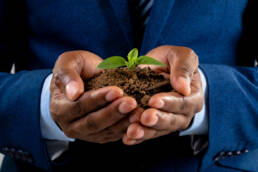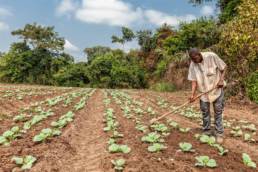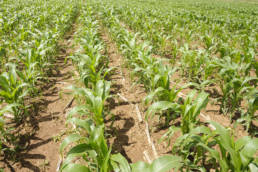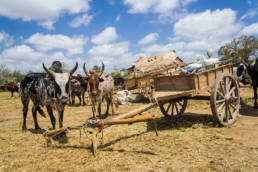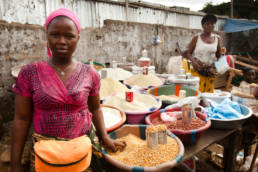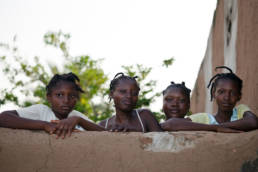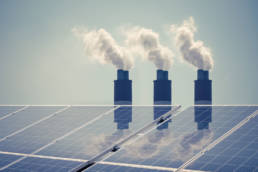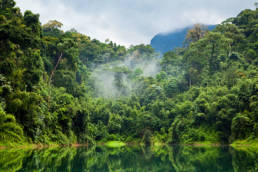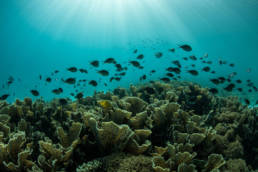Sustainability
The Challenge
As the continent’s population and economy grow, enormous amounts of waste are released while the resources demanded exceed the planet’s natural capacity.
This results in environmental deterioration such as global warming, soil erosion, deforestation, and desertification. Such environmental hazards undermine our ability to ensure human well being. Today, sustainability comes to the forefront of the global conscience, yet the African continent is ill-prepared to adapt to climate change and faces rapidly depleting resources. Seeking out solutions that work within the regional framework is imperative.
ASCENT looks to promote integrated and coordinated efforts to mobilize regional knowledge in order to mainstream African sustainability. We are impact-oriented and believe inclusive dialogue is key. Uncovering the knowledge African governments, public and private sectors, and civil societies have to offer is the first step towards generating and disseminating new sustainable solutions to then stimulate and initiate opportunities to engage with their global counterparts.
OUR GUIDING PRINCIPLE
We are working towards accelerating Africa’s sustainability, inclusive economic and social development.
Establish a knowledge hub for Africa
Develop national sustainability strategies and Africa state of the continent report on sustainability
Promote regional knowledge and regional cooperation through annual Africa sustainability forum
Conduct capacity building and awareness in Africa for the realization of sustainability, rule of law and justice
SDG’S
A Proposal for the U.N. Sustainable Development Goals is Ready
The Millennium Development Goals will expire in 2015. Since June 2012 at the UN conference on Sustainable Development (Rio + 20), governments have agreed to develop new goals called Sustainable Development Goals (SDGS).
The United Nations open working group on Sustainable Development Goals has finished its work and 17 new goals have been agreed upon.
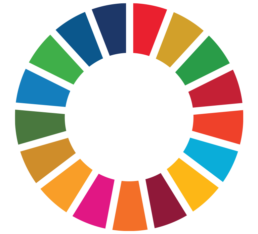
The Imperative call for Change
Driven by high population growth and economic development, many of our ecosystems are approaching critical tipping points of depletion or irreversible change. From about 60 billion tons today, the annual global extraction of resources (minerals, ores, fossil fuels and biomass) could rise to 140 billion tons per year by 2050, assuming consumption stays at current developed country rates.
Under business as usual trends, greenhouse gas emissions will double by 2050, causing a rise of 3°C in global temperatures by the end of the century. Around 60% of all studied ecosystems were damaged or being unsustainably used.
Meantime, another 2 to 3 billion middle class consumers will be added to the global population by 2040, substantially increasing resource demand.
If socio-economic development is not decoupled from the unsustainable depletion of resources and increasing environmental impact, we would soon need the equivalent of 2.5 Earths.
There is a clear and urgent imperative to transform global consumption and production patterns if we are to achieve sustainable development and poverty eradication, while maintaining the health and regenerative capacity of our ecosystem services and natural capital.
Renewable Energy
The Rise of Low Carbon Development in Rwanda
Rwanda has been consistently addressing climate change for almost a decade, and the nation has mainstreamed climate mitigation and adaptation in its national development agenda.
SDG’s
What Does “Leave No One Behind” Truly Mean?
With 17 SDGs along with 169 Targets, how does the principle of leaving no one behind distinguishes itself as a clear-cut objective?

